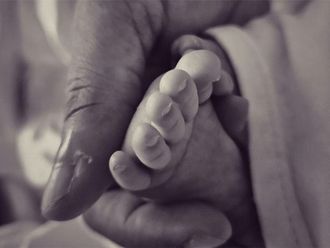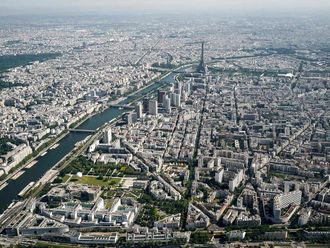To put it mildly, Blaine Harden's book, Escape From Camp 14: One Man's Remarkable Odyssey from North Korea to Freedom in the West, is not for the faint of heart. Harden, a seasoned journalist who is the Washington Post's Tokyo bureau chief, takes us into a world which most of us cannot fathom. Imagine being born in and held at an unbelievably brutal gulag just because two of your uncles had made the mistake of fleeing to the South in the 1950s. Imagine not being able to understand why it is morally wrong to report on your mother and brother as they make an attempt to escape from the camp, knowing that they will be immediately executed if caught. Imagine not knowing until the age of 23 that there was a thing called money. Imagine devouring half-cooked rats for food, and considering yourself lucky. That was the world Shin In Geun inhabited — until he became the first known person to be born in a North Korean labour camp and later escape.
According to Amnesty International, there are more than 200,000 political prisoners of all ages rotting in the gulags of the world's last Stalinist state, arguably also the world's most ferocious dictatorship. Guilt by association is the norm in this twisted system.
Shin had the misfortune of being born in Camp 14, a 280-square-kilometre jail with electric fences. The dehumanised prisoners here exist to serve only one purpose — work themselves to death for the state. Six-year-old pupils being beaten to death for stealing a few kernels of corn is part of the fabric of life in the camp. Children born in North Korea's labour camps are never meant to leave them alive. It is a life sentence of hard labour and excruciating pain for "crimes" committed by their parents (or their parents' parents). Shin had never heard of the word "love", even once, during his 23 years at the camp. He competed with his mother for food, and she beat him brutally when he was a child. She was executed along with her other son, having been caught while trying to escape, courtesy Shin.
Food, in the best of times, was some dry corn with a little cabbage "soup". Hunting down and eating rats was not only filling, it was essential to survival as rat meat prevents pellagra, a fatal disease that was common at the camp. In fact, as Shin tells Harden, what most motivated him to try to escape were stories of the availability of grilled meat outside North Korea.
The constant food shortages, known as the "eating problem" in North Korea, are not just faced by inmates of labour camps. It is a countrywide phenomenon that has stunted the growth of children. According to interviews conducted by Harden in South Korea, teenage boys fleeing the North in the past decade have been on average five inches shorter and weighed 11 kilograms less than their counterparts in South Korea.
Kim Il-Sung, the present dictator's grandfather, created a "neo-feudal, blood-based pecking order" in 1957. The regime divided the entire population of the country based on the perceived reality of an individual's parents and grandparents. "North Korea called itself the Worker's Paradise, but even as it professed allegiance to communist ideals of equality, it invented one of the world's most rigidly stratified caste systems," Harden writes.
Camp guards, who were chosen from highly trusted families, were free to do literally what they liked with prisoners. One such camp guard, who escaped to China in 1994 after his father fell foul of the regime and committed suicide, said that guards would prey on attractive young women, who would give in to their demands to get better treatment. According to the guard, if this resulted in children, women and their babies were killed. He tells Harden that he had personally seen newborns clubbed to death with iron rods. "The theory behind it was to cleanse unto three generations the families of incorrect thinkers. So it was inconsistent to allow another generation to be born."
Given the conditions, it is not surprising that suicide attempts were common at the camp. But the regime saw even suicide as an attempt to escape its grasp. In fact, the North Korean National Security Agency actually warns prisoners that suicides will be punished by longer sentences for surviving relatives.
Despite the pathetic reality, wherein the country is dependent on food handouts from South Korea and the United States, Pyongyang seeks self-reliance and has a stated goal of becoming a "great, prosperous and powerful nation" by this year, the 100th birth anniversary of Kim Il-Sung.
Today, Shin bears terrible marks from the torture he endured in the course of his pain-wracked odyssey. His middle finger was chopped off by a guard just above the first knuckle for the "crime" of dropping a sewing machine. He also suffered serious burns to his legs as a result of coming in contact with the electric fence while trying to flee. Though he managed to flee to South Korea and from there to the US, the emotional wounds will take longer to heal.
Escape from Camp 14By Blaine Harden, Mantle, 256 pages, £16.99








